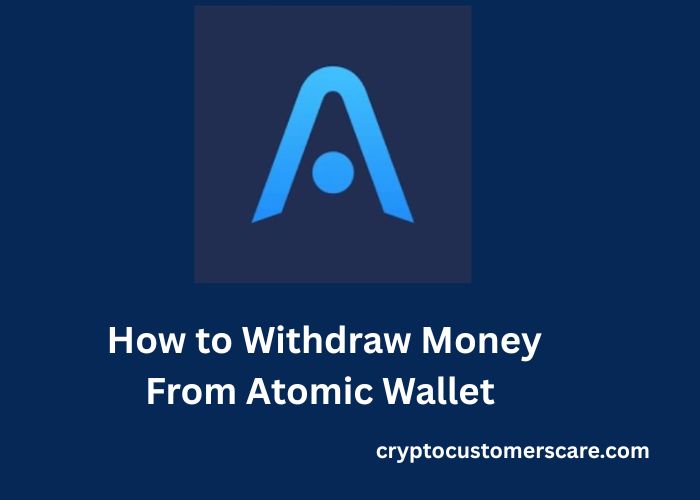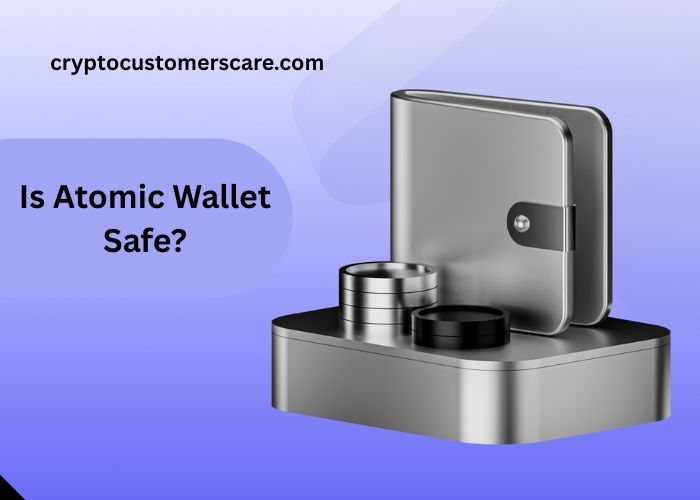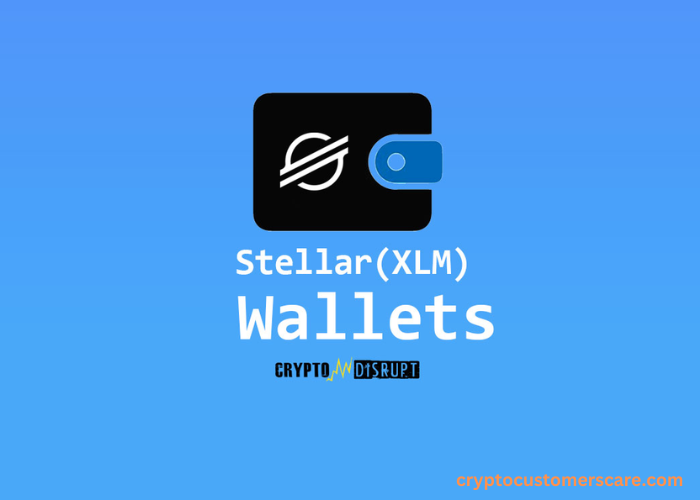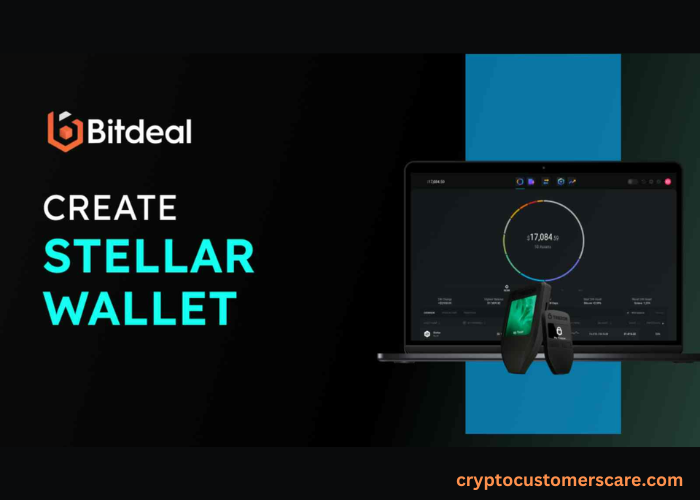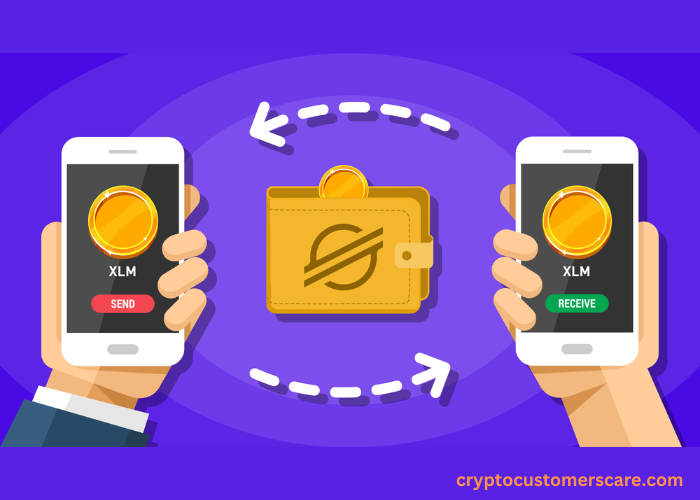If you’re an Ethereum user, you may have encountered the frustrating experience of your wallet taking forever to sync. This delay can be incredibly inconvenient, especially when you’re eager to access your funds or participate in transactions. In this article, we will explore the reasons behind the slow syncing process and provide you with tips and alternative solutions to speed up the synchronization of your Ethereum wallet.
Why Is Ethereum Wallet Syncing Taking So Long?
The Ethereum blockchain is a decentralized network that relies on multiple nodes to maintain and validate transactions. When you sync your Ethereum wallet, it downloads and verifies every transaction and smart contract on the blockchain, which can be a time-consuming process. The syncing speed is also affected by various factors such as the number of transactions, the size of the blockchain, and your internet connection.
Additionally, Ethereum uses a proof-of-work consensus algorithm, which requires miners to solve complex mathematical puzzles to add new blocks to the blockchain. As the blockchain grows, the computational complexity increases, resulting in longer syncing times.
Common Issues Causing Slow Ethereum Wallet Syncing
Several common issues can contribute to the slow syncing of your Ethereum wallet. One possible reason is the lack of synchronization of your computer’s clock. Ethereum relies on accurate timestamps to maintain the integrity of transactions, and a desynchronized clock can cause delays in syncing.
Another common issue is the presence of outdated or corrupted blockchain data. If your wallet is trying to sync with incorrect or incomplete data, it can significantly slow down the process. It’s essential to ensure that you’re using the latest version of the Ethereum software and regularly update your wallet to avoid such issues.
Tips To Speed Up Ethereum Wallet Syncing
Although syncing an Ethereum wallet can be time-consuming, there are several tips you can follow to speed up the process. Firstly, ensure that your internet connection is stable and fast. Slow internet speeds can significantly impact the syncing speed, so consider using a wired connection or upgrading your internet plan if necessary.
Another effective tip is to use a trusted and reliable Ethereum client that offers optimized syncing options. For example, some wallets allow you to use “fast sync” or “light sync” modes, which download only the necessary data instead of the entire blockchain. These syncing modes can significantly reduce the time required to sync your wallet.
Additionally, you can try changing the synchronization server in your wallet’s settings. Sometimes, certain servers may be overloaded or experiencing delays, causing slow syncing. By switching to a different server, you may find a faster and more efficient syncing experience.
Alternative solutions for syncing Ethereum wallet
If you’re still facing issues with slow syncing, there are alternative solutions you can consider. One option is to use a remote node service, which allows you to connect to a trusted third-party server that has already synced the Ethereum blockchain. By utilizing a remote node, you can bypass the need to sync the entire blockchain on your own device, resulting in faster syncing times.
Another alternative is to use a hardware wallet. Hardware wallets, such as Ledger or Trezor, store your Ethereum private keys offline and offer a user-friendly interface for managing your funds. These devices often provide faster syncing times as they don’t require downloading and verifying the entire blockchain.
Importance of Keeping Your Ethereum Wallet in Sync
Keeping your Ethereum wallet in sync is crucial for several reasons. Firstly, a synced wallet allows you to access your funds and participate in transactions seamlessly. Without proper syncing, you may encounter errors or delays when sending or receiving Ether or interacting with smart contracts.
Syncing your wallet also ensures that you have the most up-to-date blockchain data. This is essential for verifying the authenticity of transactions and maintaining the security of your funds. Outdated blockchain data can lead to potential vulnerabilities and increase the risk of encountering fraudulent or malicious transactions.
Troubleshooting Common Syncing Issues
If you’re experiencing persistent syncing issues despite following the tips mentioned earlier, there are a few troubleshooting steps you can take. Firstly, restart your computer and wallet software. Sometimes, a simple restart can resolve minor software glitches or connectivity issues.
You can also try deleting the blockchain data and resyncing from scratch. However, be cautious when deleting blockchain data, as it may take a significant amount of time to resync from the beginning. Make sure to back up your wallet’s private keys or recovery phrases before attempting this step.
Utilizing Ethereum Wallet Syncing Tools and Resources
To assist Ethereum users in syncing their wallets more efficiently, several tools and resources are available. One such tool is “Ethereum Syncing Monitor,” which provides real-time updates on the sync progress of your wallet. This tool allows you to track the syncing speed, estimate the time remaining for completion, and identify potential issues.
Another valuable resource is the Ethereum community forums and support groups. These platforms enable you to connect with experienced users who may have encountered similar syncing issues. They can provide guidance, troubleshooting tips, and recommendations based on their own experiences.
Seeking Professional Assistance for Ethereum Wallet Syncing
If you’re still unable to resolve your syncing issues, it may be beneficial to seek professional assistance. Ethereum developers and technical experts can offer personalized support and guidance tailored to your specific situation. They can help diagnose and address complex syncing problems, ensuring that your wallet is up and running smoothly.
Conclusion
Syncing an Ethereum wallet can be a time-consuming process, but by understanding the reasons behind the slow syncing and implementing the tips and alternative solutions provided in this article, you can significantly speed up the synchronization. Remember to keep your wallet updated, utilize optimized syncing modes, and consider alternative syncing options if necessary. By keeping your Ethereum wallet in sync, you can ensure seamless access to your funds and participate in the exciting world of decentralized finance.



